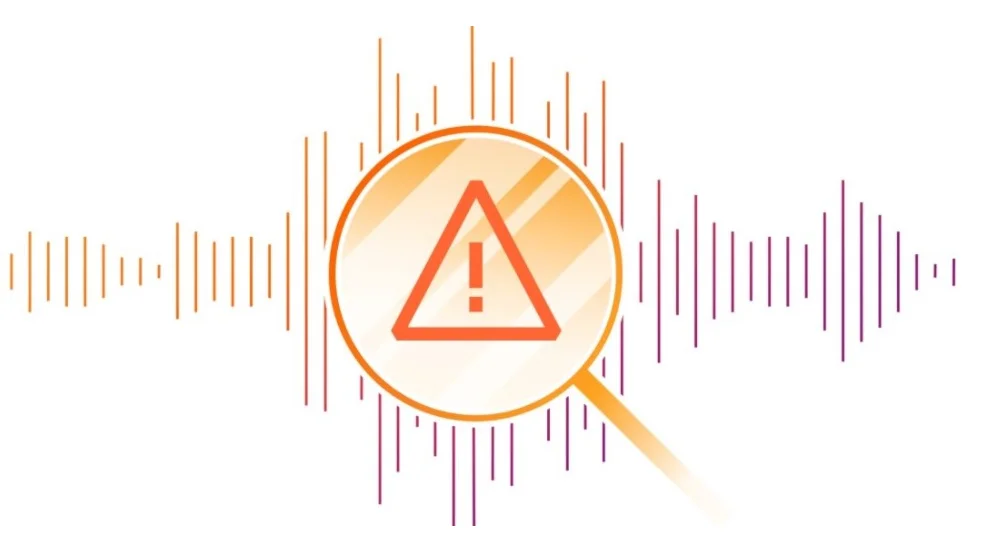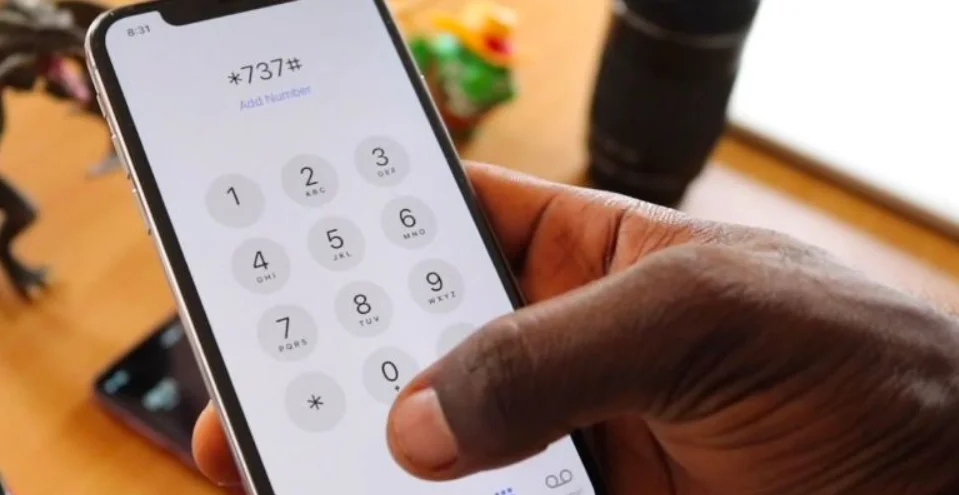Nigeria’s Telecom Industry Faces Dual Reality in July 2025
The Nigerian Communications Commission (NCC) has released new industry performance data for July 2025, revealing a striking contrast in the telecom sector. While the number of active subscribers declined, data consumption surged to record-breaking levels, reflecting the nation’s growing reliance on mobile internet services.
Telecom Subscribers Decline Amid SIM-NIN Regulation
In July, active telecom subscriptions dropped to 169.3 million, representing a decline of more than 2.4 million users compared to June. This brought Nigeria’s teledensity down to 78.11%.
The NCC attributed the fall in numbers to its SIM-NIN linkage enforcement, which continues to deactivate unregistered or unverifiable SIM cards. The regulatory clean-up aims to:
- Enhance national security
- Improve the accuracy of telecom data
- Strengthen consumer protection
Market Share: MTN Leads, 9mobile Shows Signs of Recovery
Despite the overall decline, Nigeria’s telecom market remains concentrated among four major operators:
- MTN Nigeria: 89.1 million subscribers (market leader)
- Airtel Nigeria: 56.5 million subscribers
- Globacom (Glo): 20.7 million subscribers
- 9mobile: 2.7 million subscribers
The most notable development was 9mobile’s growth, marking its first customer gain in nearly two years, signalling potential recovery in a fiercely competitive industry.
Shifts in Network Technology Adoption
The NCC report also highlights evolving patterns in network technology usage:
- 4G connections: 50.85% (majority share, reflecting strong demand for high-speed internet)
- 2G connections: 38.6% (still significant in rural areas)
- 5G connections: 3.17% (small but steadily growing adoption)
This trend underscores Nigeria’s transition toward faster broadband networks as more users demand improved connectivity for streaming, e-commerce, and remote work.
Data Consumption Reaches Record High
Despite declining subscriptions, Nigeria’s digital economy is booming. Data consumption in July reached an all-time high of 1.13 million terabytes, driven by:
- Streaming services (video, music, and gaming)
- E-commerce transactions
- Remote work and online education
- Social media usage
This unprecedented level of data traffic highlights the central role of mobile broadband in Nigeria’s digital transformation.
Telecom’s Economic Impact
Telecommunications remain a major contributor to Nigeria’s economy:
- The sector contributed 14.40% to Nigeria’s GDP in Q4 2024, up from 13.94% in Q3.
- Rising broadband penetration and record data usage continue to strengthen the sector’s role in economic growth and digital inclusion.
The NCC emphasised that its regulatory measures—including SIM-NIN audits—are designed to create a more secure, transparent, and reliable telecom sector for both operators and consumers.
Key Takeaways
- Subscriber base declined to 169.3 million in July 2025 due to SIM-NIN enforcement.
- MTN leads the market with 89.1 million users, while 9mobile shows recovery signs.
- 4G dominates connections, while 5G adoption continues to grow.
- Data consumption hit a record 1.13 million terabytes, underscoring Nigeria’s digital dependence.
- Telecom sector remains a cornerstone of Nigeria’s GDP and digital economy.












